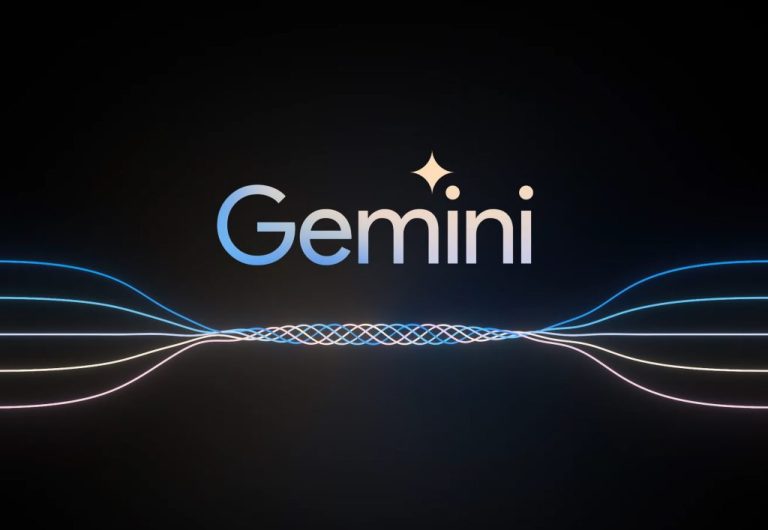Boosting Translation Precision: Meta’s NLLB-200 AI Model Achieves 44% Improvement
Meta’s NLLB-200 AI Model Enhances Translation Quality by 44%
Meta has introduced an innovative AI model known as NLLB-200, which boasts the ability to translate 200 languages with an average quality improvement of 44 percent. While translation applications have long performed reasonably well with more common languages, many speakers in linguistically diverse regions—particularly in Africa and Asia—continue to struggle with inadequate translation services.
In a recent announcement, Meta stated, “To foster better connectivity today and construct the metaverse of tomorrow, our AI researchers developed No Language Left Behind (NLLB). This initiative aims to create superior machine translation capabilities for a majority of the world’s languages. Today, we unveil a significant advancement: NLLB-200—a unified AI model translating 200 languages with remarkable accuracy compared to earlier technologies.”
The metaverse aspires to be a borderless realm, necessitating translation services that deliver precise translations quickly. “As the metaverse takes shape, technologies that perform well across various languages will help democratize access to immersive virtual experiences,” the company elaborated.
According to Meta, NLLB-200 achieved a 44 percent improvement in translation quality relative to its predecessors, with some African and Indian languages seeing accuracy surges of over 70 percent. To refine NLLB-200, Meta established a dataset called FLORES-200, allowing researchers to evaluate its performance across “40,000 different language directions.” Both NLLB-200 and FLORES-200 will be accessible to developers to enhance their own translation solutions.
Meta has allocated up to $200,000 in grants for researchers and nonprofits aiming to leverage NLLB-200 for projects that address sustainability, food security, gender-based violence, education, or other initiatives aligned with UN Sustainable Development Goals.
However, some experts remain skeptical about Meta’s claims. “It’s crucial to recognize that, despite the excitement, these models aren’t a panacea. The models developed by Meta are large and cumbersome, which can lead to difficulties in specific use-cases—they may overgeneralize and struggle with the particular tasks at hand,” noted Victor Botev, CTO at Iris.ai. “Additionally, the validity of these results has not undergone comprehensive scientific validation from the peer community. The scant datasets for various languages indicate challenges in their creation, and the BLEU metric used for evaluation may not be entirely suitable.”
To explore a demo of NLLB-200, click here.
Recent Developments in AI and MedTech

Innovative Machine Learning Uses Transforming Business Applications
AI and Bots Allegedly Used to Fraudulently Boost Music Streams
Legislation & Government
Teachers in England Granted Approval to Integrate AI
Recent legislation permits educators in England to incorporate artificial intelligence tools into their teaching methods. This initiative is expected to enhance educational outcomes by leveraging AI’s capabilities to provide personalized learning experiences and streamline administrative tasks.
Artificial Intelligence
Impact of AI on the Cryptocurrency Sector
Artificial intelligence is significantly shaping the cryptocurrency landscape, influencing trading strategies and market dynamics. By analyzing vast amounts of data, AI can predict market trends and enhance decision-making for investors.
AGI, Artificial Intelligence, and Societal Ethics
Sam Altman of OpenAI Discusses the Dawn of Superintelligence
Sam Altman recently articulated that we are entering an era of superintelligence, raising important ethical considerations and responsibilities surrounding the advancement of artificial intelligence technologies. His insights emphasize the need for proactive governance and ethical frameworks to manage AI’s societal impact.
Additional Insights
Stay updated with our premium content and the latest developments in technology, ensuring you’re informed about how AI is transforming various industries.







